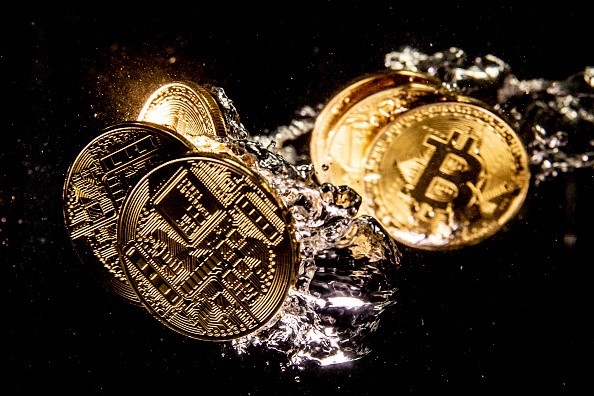Cryptocurrency misconceptions are floating all around the internet, and even more so at this age when digital currencies are the talk of the town. But which ones are real and which ones are just that-misconceptions?
In this article, you will read about some of the most common ones, and why you shouldn't believe them.

Crypto Can Be Used To Pay For Things Like Real Money
Let's start with something that could be a bit controversial. Despite the massive value of digital currencies in general, you still have to understand that they are, technically, still not considered real money.
According to the Brookings Institution, a nonprofit organization based in Washington DC, conducting transactions with crypto is still far more expensive and slower than if you do it with real world money.
For example, you'll need to wait 10 minutes to have a Bitcoin transaction validated. You'll also have to pay for the validation process itself. The same thing goes with Ethereum, which while slightly faster than Bitcoin in terms of validating transactions, will also set you back a lot with fees.
If you want to live off of cryptocurrencies for good, you technically can't. The only way you can actually make use of them like real money is if you liquidate them-i.e. sell them for real money, just like what you'd do with stocks.

That said, there are still some online establishments that do accept digital currencies as legal payment options. Some countries, even, are doing it (El Salvador is a perfect example). But these are few and far between.
Cryptocurrencies Are Completely Untraceable
No, they are not. This is perhaps one of the biggest cryptocurrency misconceptions out there. It could also be the reason for another assumption that says crypto is what criminals prefer to use for business transactions.
Crypto is anonymous to a certain degree, because you can trade it without ever having to reveal actual personal information. However, transactions are still operating on blockchains, which are public, writes Axios.

Whenever you trade crypto on any blockchain, the address you use will always be there. And that address is traceable, even more so for someone with the right skills and resources. As such, this enables law enforcement to follow any kind of illicit fund transfer happening on blockchains.
If you're doing something shady, you do not resort to crypto. You do it old school: with cold, hard cash.
Read also: Cryptocurrency Terms 2021 You Need to Know Before Venturing
Crypto Is Easy Money
There are a lot of get-rich-quick schemes out there, and crypto is likely one of the most popular in recent times. And that can be true. Should the prices cooperate, anyone can literally become a millionaire-or even billionaire-overnight as a cryptocurrency investor.

But therein lies the rub: you can only get rich quick if the prices cooperate. It is well-known that digital currency can have its value rise or fall dramatically. One good example is the meme coin SHIB (Shiba Inu), whose prices have risen and fallen almost solely because of Elon Musk's tweets.
Aside from that, the overall value of crypto also relies on a balance of scarcity and demand. Scarcity of coins alone is not enough to keep prices up, as per the original Brookings report: people must want them as well, and want them constantly.
If just any of these two change for the worst, then all types of digital currency will be worthless.
Related: How To Build a Crypto Mining Rig: The Basics
This article is owned by Tech Times
Written by RJ Pierce
ⓒ 2025 TECHTIMES.com All rights reserved. Do not reproduce without permission.




